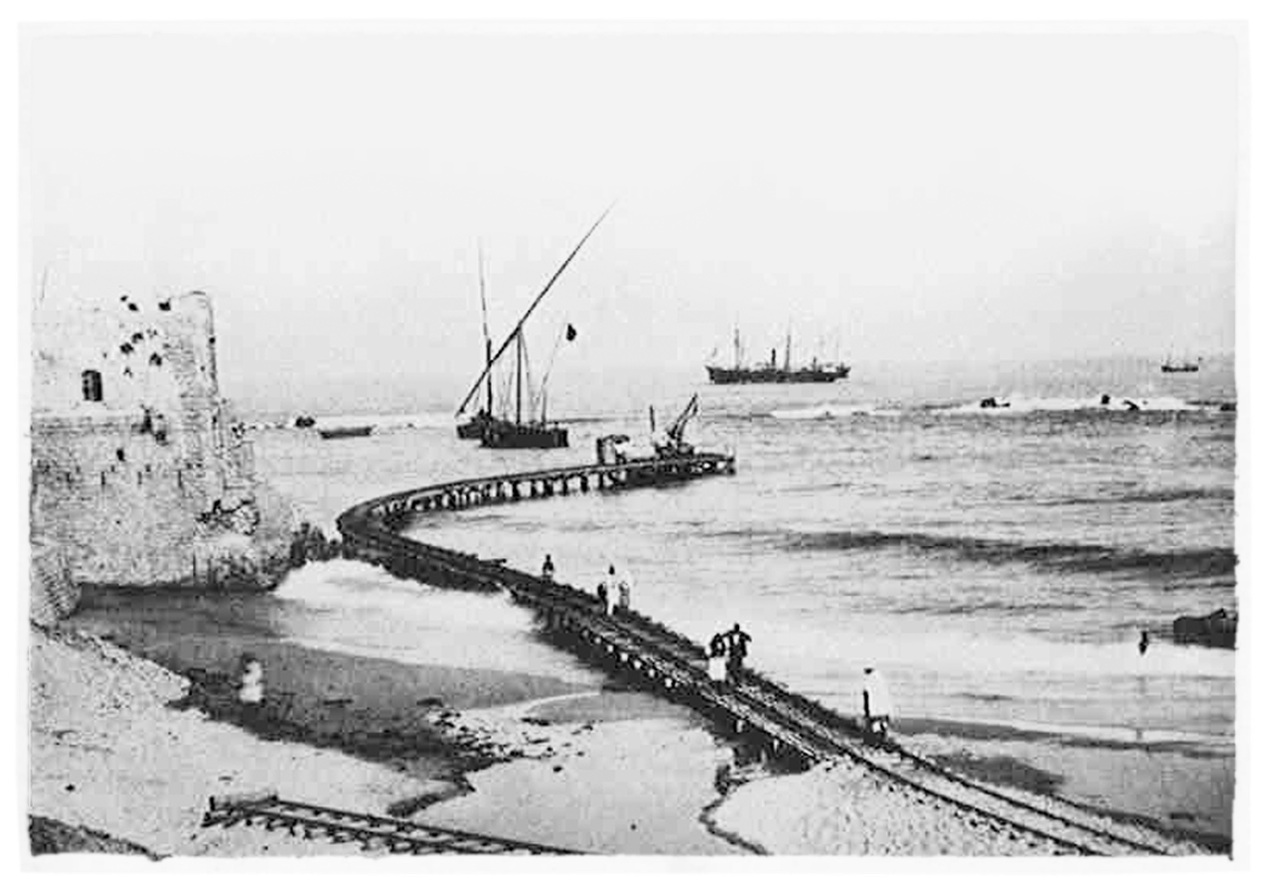The right of return, although generally envisioned as the return to a specific place, could essentially be seen as a right to mobility. After sixty years of exile, Palestinians have built their lives in the camps and elsewhere. A return should therefore not mean the migration from the camp to the ancestral village, but the possibility of being able to travel between the two and throughout the whole region. Such a freedom of movement would allow for interaction on a scale which is impossible in the current situation. One could start imagining a reconnection of the territory and a return to mobility from the traces of the railway, both as they exist today and as they were captured in historical photographs and maps.
The railway network was a part of the Ottoman colonial infrastructure, but at the same time it provided a degree of mobility that allowed for exchange between all inhabitants, playing an important role on political, economical, but also cultural levels. This memory is still embedded in the disconnected remains. No longer in function of the colonial power, in its current dismantled state a potential for new uses of the network emerges. By turning the stations again into sites for exchange and collectivity, they could regain importance and start creating new connections. Related to each other thanks to their similar materiality and place in the collective memory, they could together form a new network within a future reopened geography.

